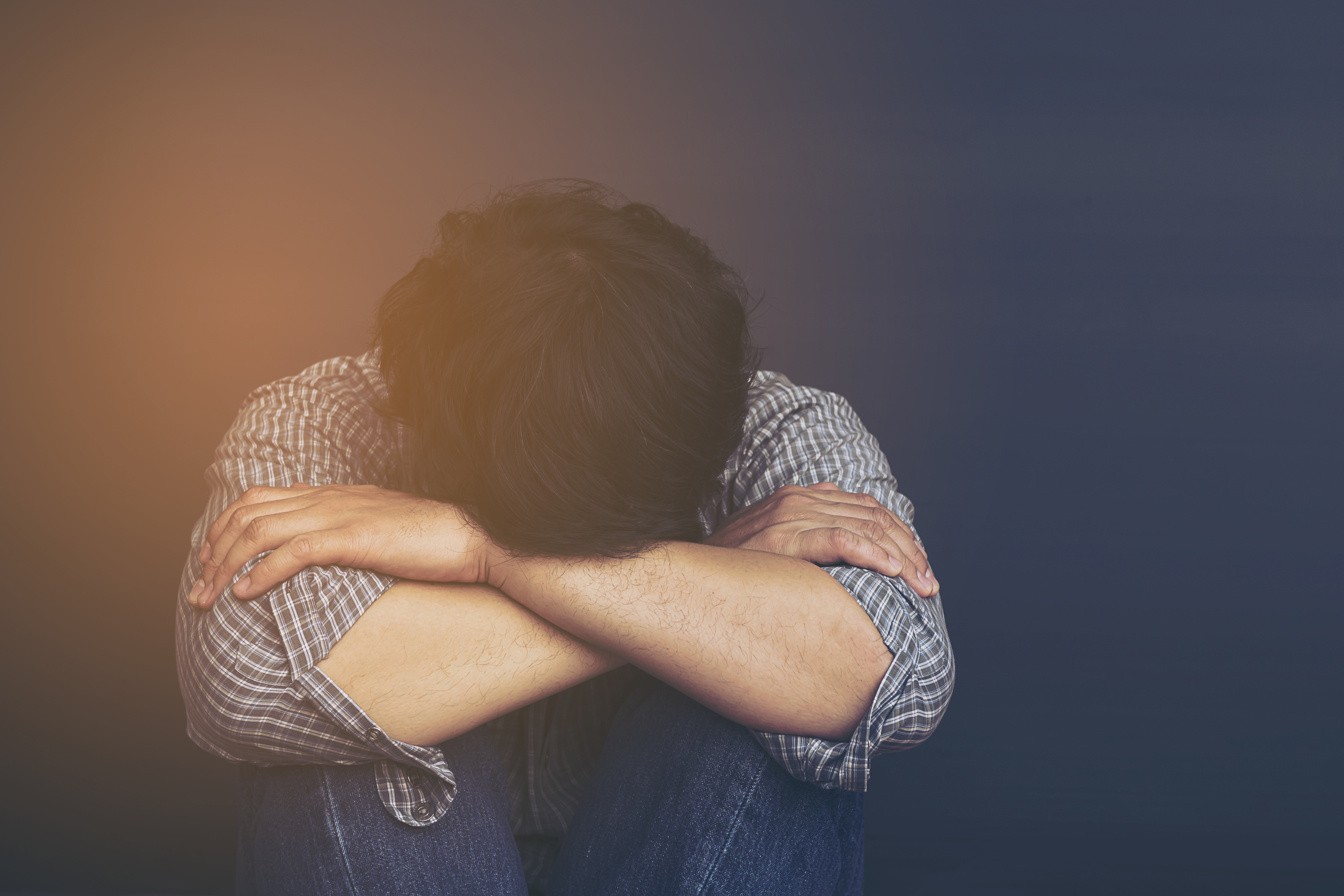Karrier- és Hallgatói Szolgáltatóközpont
How can you cope with paralyzing anxiety?
 Why are we anxious?
Why are we anxious?
Anxiety itself is adaptive. When we are in a situation of danger, our brain senses this and physiological changes occur; our blood is overloaded with oxygen, we hyperventilate, our pulse increases, our blood pressure is elevated, our muscles tense up, we start sweating.
If we had no anxiety at all, it would be a disease. Anxiety is useful to avoid or face dangerous situations.
What we perceive as danger varies from person to person. People who are more anxious evaluate more situations as dangerous or perceive the same situation as a greater danger than less anxious people.
The tendency to anxiety cannot be changed. Current anxiety can be alleviated in anyone. For those who worry a lot, the frequency and intensity of anxiety can also be reduced.
How to reduce anxiety?
If we can stand firm in the anxiety-provoking situation, solve the given challenge, then this state of tension will be reduced. If we successfully solve the same type of situation over and over again, the brain learns not to be afraid in that situation.
We can try this in two ways:
One is, for example, if you are afraid of being laughed at when you give a lecture, raise your hand in every class where you can give a lecture, expose yourself to the situation as often and more intensively as possible, and in this way, you will overcome your specific phobia faster. This is the more difficult path and at first increases anxiety greatly.
The other option is to take small steps. First, you only raise your hand in the class, if you’ve thought through the correct answer to the question in advance. Then, once you are confident, you can undertake to read a longer assignment that you have written. Then you can go to the blackboard to solve a problem that you are sure of. You can prepare for the presentation with your friends, and you can first present as part of a group. After this, the solo performance won’t seem so dangerous.
What is harmful coping?
On the other hand, the avoidance can harm the quality of life. If we avoid situations that pose a danger to us (e.g. giving a lecture), we are relieved at that moment, that overrides everything, thereby confirming that it was a good decision to avoid the situation (e.g. leaving a given subject). But in the long run, these situations add up and increase anxiety, often extending to other situations as well (e.g. you can’t finish university because you don’t even go to classes anymore).
How to overcome avoidance?
In a situation that has been deemed dangerous, it’s important to know what we think, whether we can solve it. We start avoiding when we fear that we are not able to solve the situation. In such cases our negative automatic thoughts prevent us from solving the situation.
These thoughts can be easily recognized with practice, and once recognized, we can also reframe them. E.g. “I won’t give a lecture, because I’m sure it won’t go well and everyone will laugh.” -> If I prepare, I’ll give a good lecture. It’s okay if it’s not perfect, neither were the others. They won’t make fun of me, they were always very nice last year as well. Your friends can also help you with this, they will confirm what a great presentation you can give and support you when you find yourself in this situation.
In addition to reframing your thoughts, you can also change your physiological reaction. Breathing is the easiest to influence. If we feel that we are starting to “panic” in a situation, the easiest way is to slow down our breathing. For this, it is useful to practice several breathing exercises and relaxation techniques in advance, because the nervous system remembers them, and thus we can take them as a good example.
Examples of such relaxation techniques are progressive relaxation and autogenic training, which we wrote about in more detail in our previous article entitled “Stress and exam performance”.
Anxiety alone doesn’t have to become an obstacle to everything. It helps to increase our excitement level, as a result of which we can perform better.
If you still feel that your anxiety is very intense and appears frequently, you prefer to avoid situations deemed dangerous, and you cannot cope with them alone or with the help of your friends, contact our psychologist at


